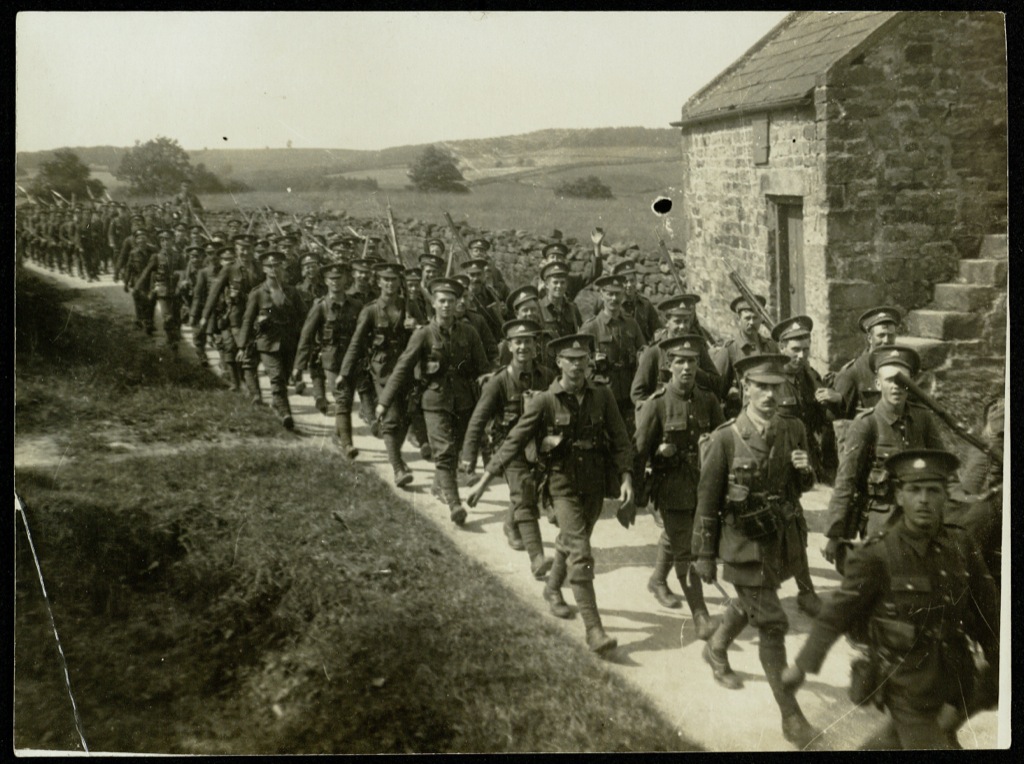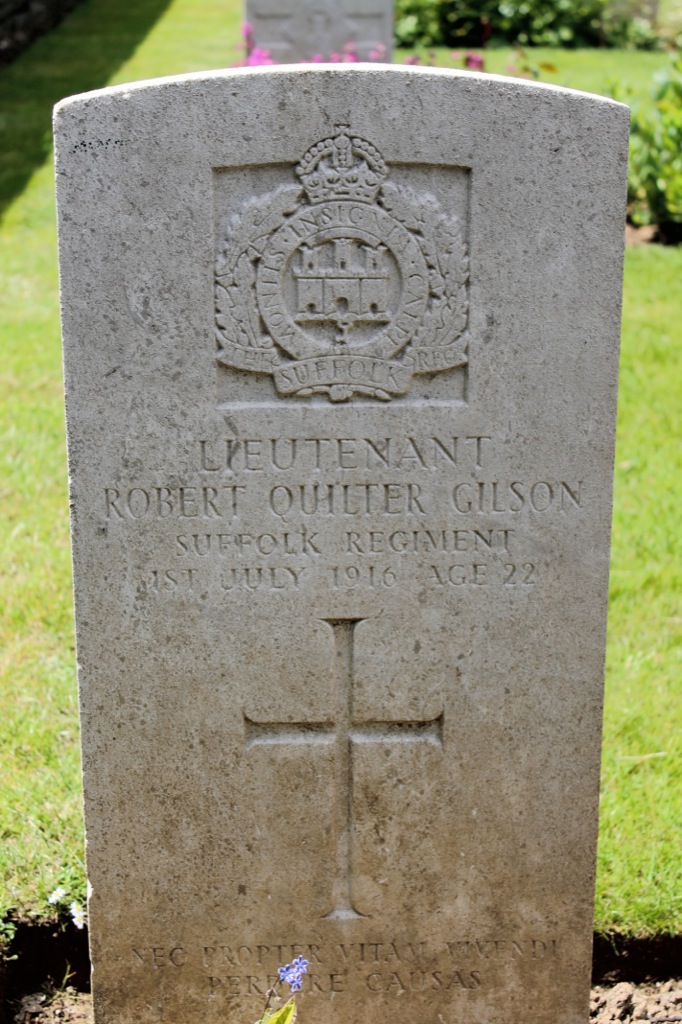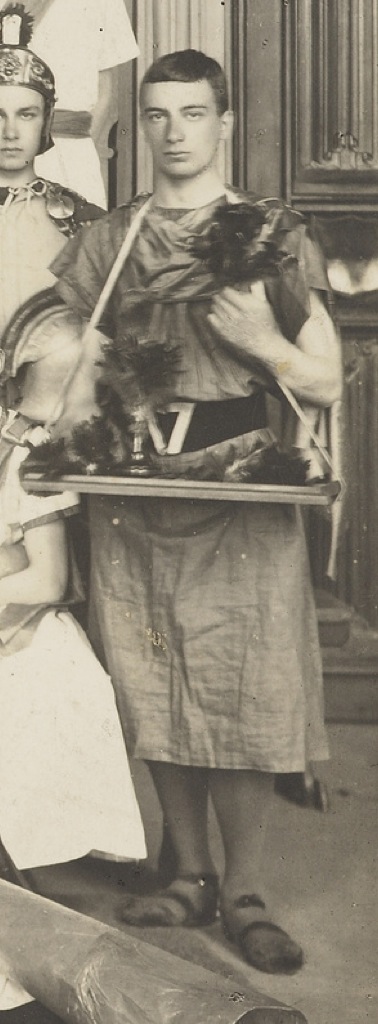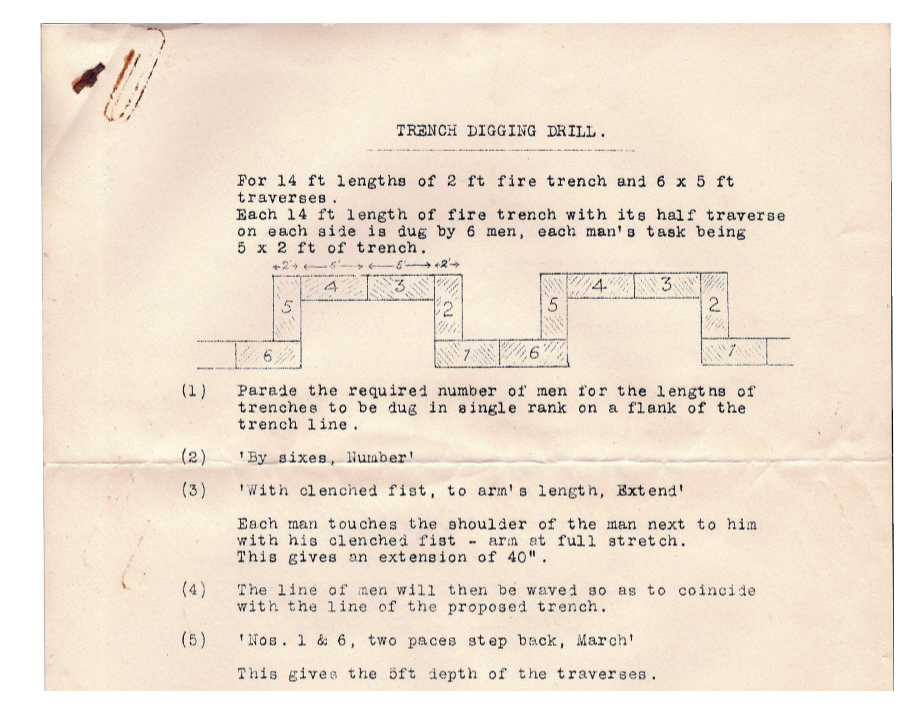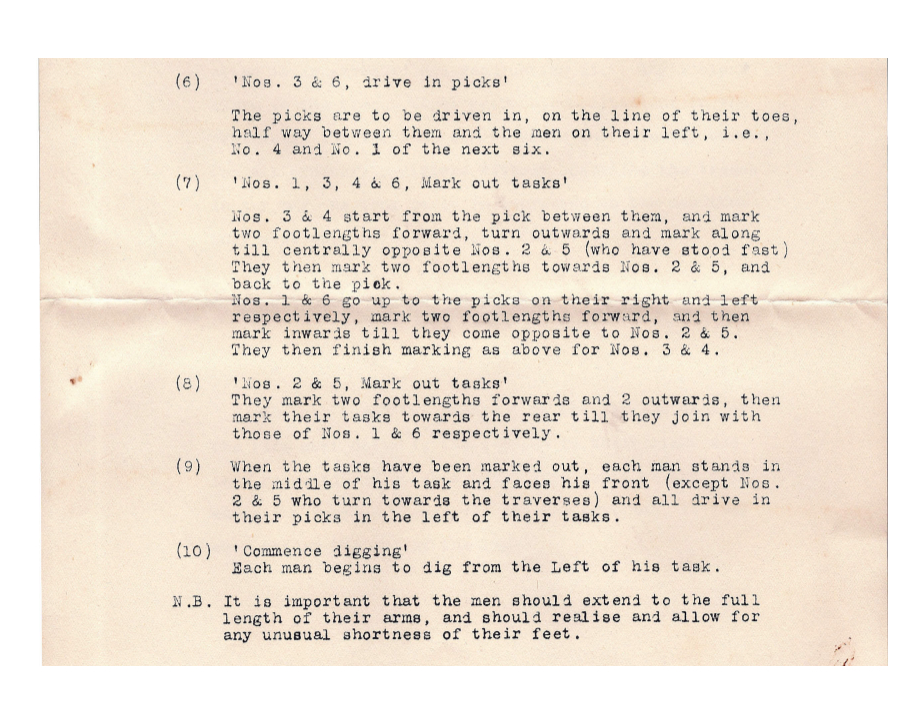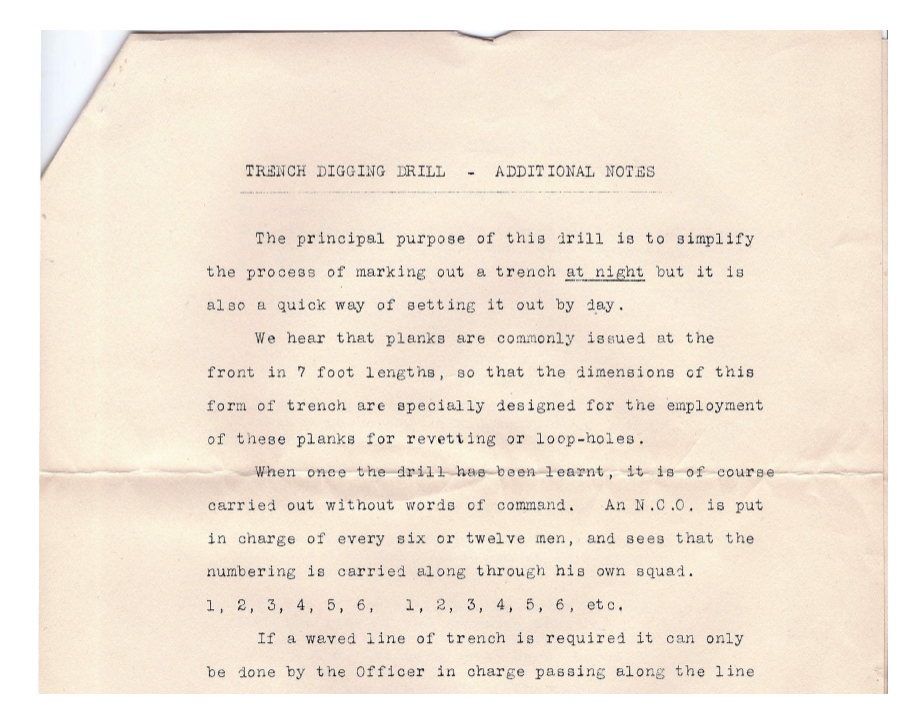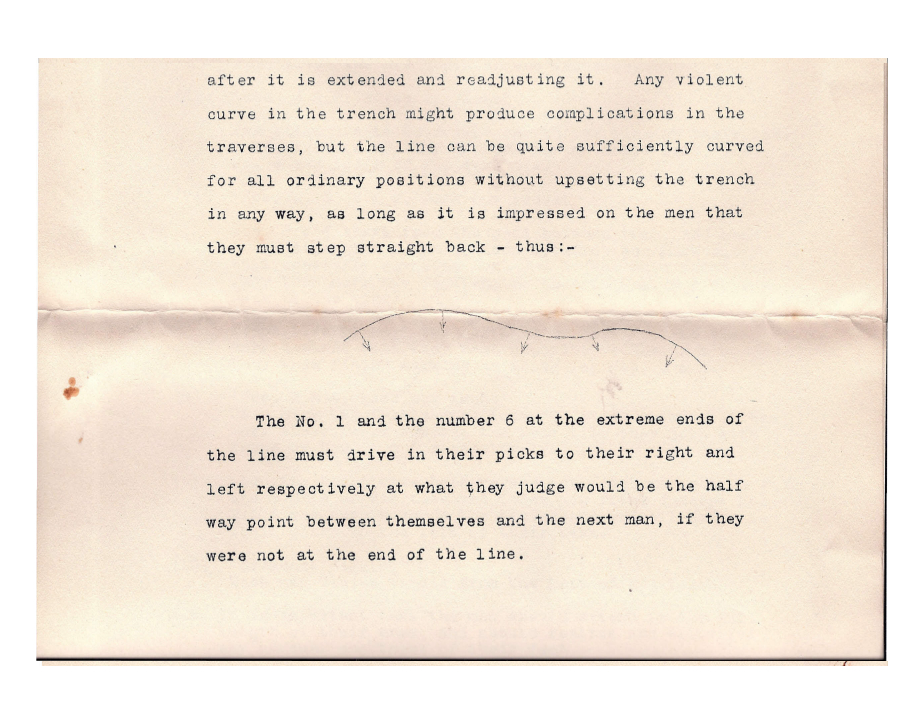Robert Quilter ‘Rob’ Gilson, born on 25th October 1893, was admitted to King Edward’s School in September 1906 as a Foundation Scholar. He was the son of Emily (deceased) and Cary Gilson, the Headmaster (as the position was known at that time), and the family then included his stepmother, Marianne (Donna), his sister, Mary, and half-brother, Hugh. They lived at Canterbury House, Marston Green, which also housed five domestic servants.
At School, Rob excelled in all areas. Academically, he regularly performed at the top of the First Class, receiving much of his instruction directly from his father. He was awarded many prizes on leaving the School, including the Headmaster’s Prize for Latin Epigram, and he presented Frere’s Aristophanes to the School library. He was also a Prefect, as well as an active member of the Debating Society. Tolkien, then Secretary of the Society, described him as: “a most eloquent speaker, energetic in his support of the Society: his speeches are powerful and always interesting…one of the chief pillars of the Society…he is fluent and argumentative while possessing a keen eye for simile”. Furthermore, Rob served as Secretary of the Music and Drama Society, starring in many performances, including Julius Caesar. He was also Shooting Secretary and Captain, coming second in two competitions in 1911; Literary Secretary; Editor of the Chronicle, and a member of Measures’ House. Rob was also a core member of the Tea Club and Barrovian Society, along with CL Wiseman, GB Smith and JRR Tolkien, a ‘Fellowship’ of academically brilliant boys who enjoyed clandestine discussions of literary criticism. He went on to read Classics at Trinity College, Cambridge.
When war broke out, Rob was an undergraduate at Trinity in his third year, having taken first-class honours in the Classical Tripos the previous year. He was gazetted on 28th November 1914 in the 11th Battalion, Suffolk Regiment, which was recruited entirely in the City and County of Cambridge. He was promoted to Lieutenant on 8th January 1916, the day before he sailed for France.
On 1st July 1916, while stationed at Becourt Wood near La Boiselle, Rob led his men out of the trenches at 7.30am as part of the first wave of the Somme Offensive, following the nearby explosion of a mine containing 80,000lbs of high explosive. It soon became evident that the enemy in La Boiselle were in great strength, maintaining tremendous machine-gun fire. A company commander who was wounded wrote:
“My very last memory of the attack is the sight of Gilson in front of me and CSM Brookes on my right, both moving as if on parade, and both only a minute or two later to be mortally hit.”
His Batman (officer’s servant), Albert Bradman, wrote to Rob’s stepmother, Donna, on 14th July:
“Mr Gilson was loved by all the men in the Platoon, and I may say Company, as he was a very good officer and a good leader.” He also wrote to Rob’s father, thanking him for “the legacy of £50 that dear Mr Gilson left me. It doesn’t seem true to me that he can be dead, but it is quite true.” His commanding officer remembered him, “advancing perfectly calmly and confidently…and [hoped] that death came quickly to him. Many times I was deeply touched by his desire to relieve me of some rather trying work, perhaps when he thought I was tired.”
Rob is buried in Becourt Communal Cemetery, very near to where he fell, and is one of the few of his battalion with a known grave. The inscription on his headstone, as requested by his father, reads: “Nec propter vitam vivendi perdere causas [Do not for the sake of your life lose the reason for living].” Apart from the £50 left to his Batman, Rob left his estate to his sister.
During the war, Rob was asked by his Colonel, Major Morton, to concoct a drill for trench-digging (especially by night). His drill was distributed to the whole Battalion, which was ordered to learn the new “Trench-Digging Drill”. Rob’s drill was published as part of Brockington’s Military Education, 1916. Rob referred to publication as his “time of petty triumph”. Rob’s time in the trenches also saw a great continuation of correspondence with the other member of the TCBS. Upon hearing of the death of such a close friend, Tolkien wrote to GB Smith: “So far my chief impression is that something has gone crack: I feel…very much in need of you – I am hungry and lonely, of course – but I don’t feel a member of a little complete body now. I honestly feel that the TCBS has ended.”
Rob remained able to see beauty in his surroundings even in the midst of battle. In his final letter to his father before his death, he wrote: “The devastation of war produces some unexpected beauties. I passed the other day a garden that had run wild – a riot of lovely colour. Canterbury Bells, Larkspur and Poppies growing out of the long grass. It was like Jean Ingelow’s garden in Fated to be Free.”

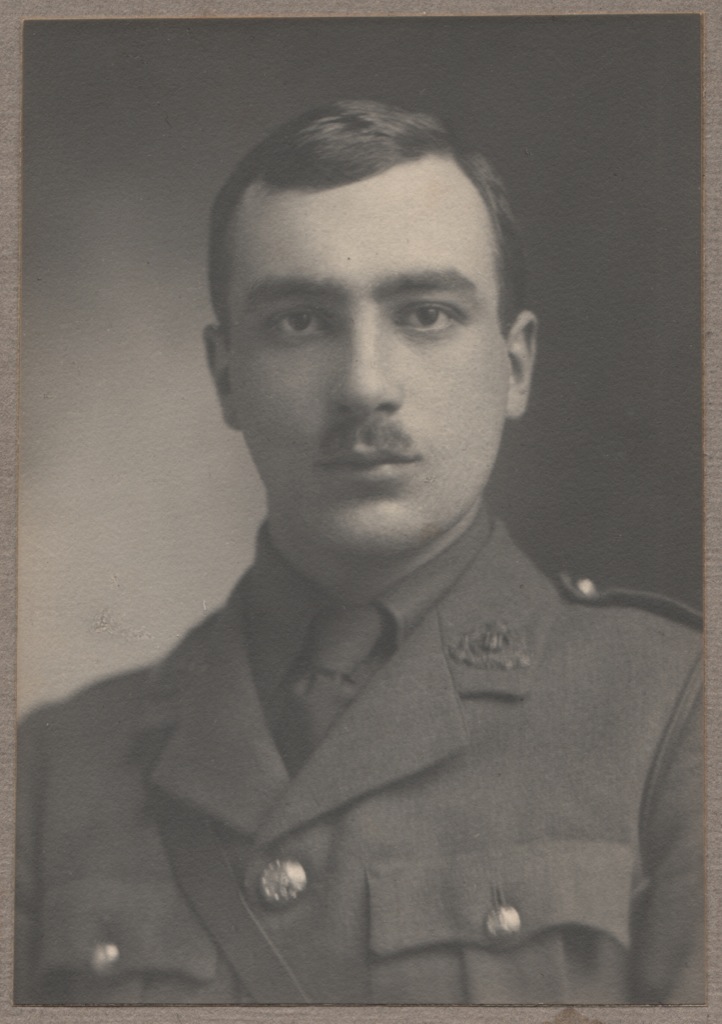
. HM _ Prefects July 1912, Gilson family papers.jpg)
